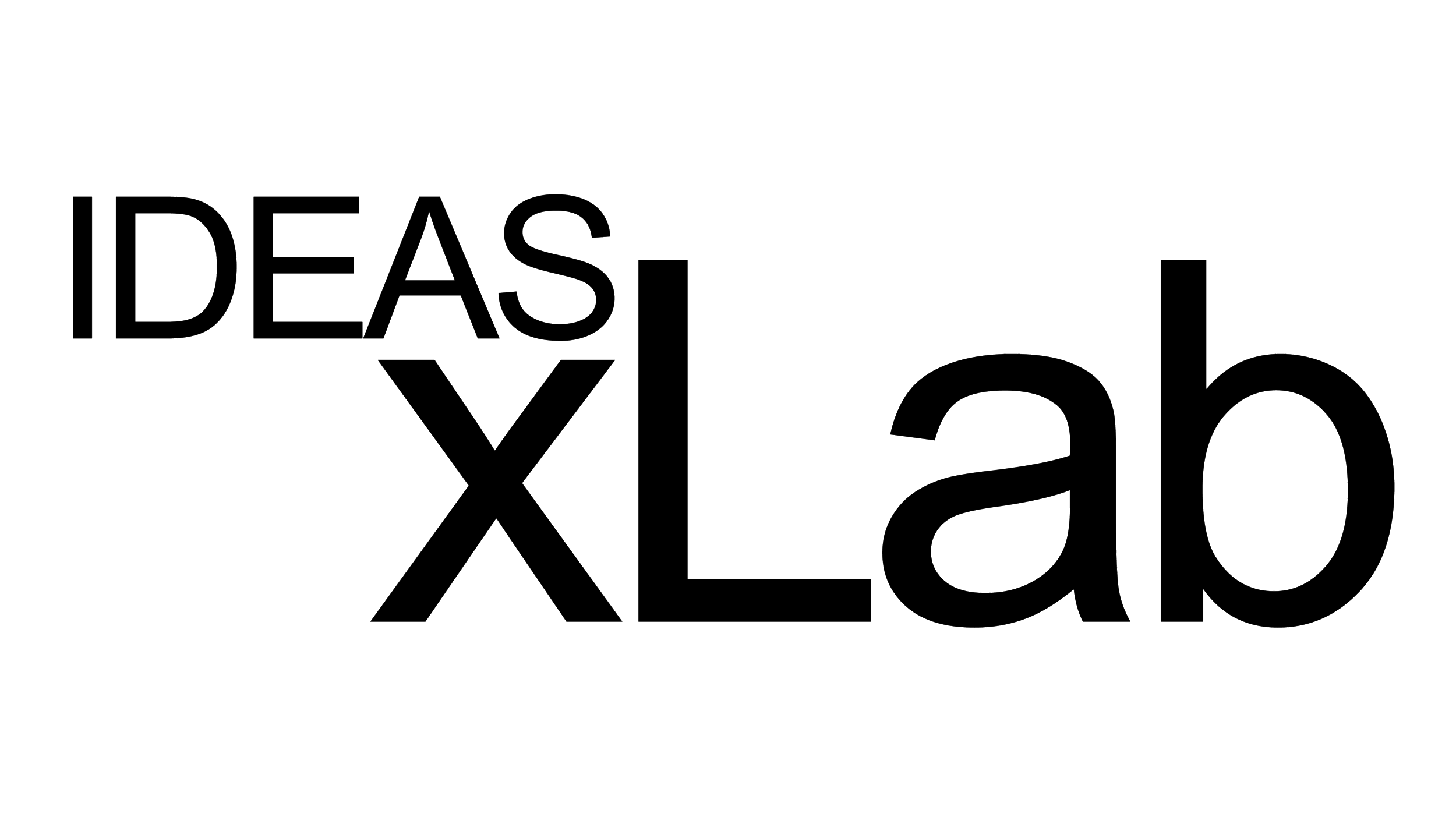If People Have Nothing Else, They Have A Name: The (Un)Known Project
By Hannah L. Drake: Artist, Activist, Author, IDEAS xLab Chief Creative Officer
A few years ago, I visited the visit The National Memorial for Peace and Justice, also known as The Lynching Museum in Montgomery, Alabama, that memorializes racial terror lynchings. To be classified as a state that participated in racial terror lynchings (defined as lynchings intended to terrorize Black Americans and enforce racial hierarchy), the state had to lynch 100 or more Black people. Kentucky is one of the states listed in this memorial.
As I walked through the museum, I was determined to take pictures of each of the hanging pillars that bore Kentucky’s name. As my arms started to grow tired from taking so many pictures, I bent over, and I wept. I couldn’t hold back the tears any longer, knowing that I lived in a state that had a history of lynching Black people that looked like just like me. I cried because I was fighting so hard for justice in a state that was saturated in the blood of Black men, women, and children. I wept because just underneath the bluegrass was the bones of Black bodies that never found a proper burial. Through my tears, I saw etched in some of the pillars that bore Kentucky’s name was the word Unknown. A person that was born, that lived, that breathed, that existed was now labeled as unknown. But someone knew them. They had a name. They had a family. They were here.
If people have nothing else, they have a name.
A name is more than just a word.
It means something.
It defines you.
It grounds you.
It connects you to something.
Your name means everything.
When I traveled to Dakar, Senegal, I was told that I would be given my Senegalese name. I remember the deep emotion that I felt, knowing that I could finally have my name. While I am named Hannah all my life, I wondered what my name would have been if it was not stolen from my people? What name would I have had if our names weren’t passed down to us through slavery but names from my people, home, and culture? Selecting a name in Senegal is not done randomly. Names in Senegal are based on your characteristics. I didn’t choose my name. The elders decided it for me. My name was selected based on who they saw me to be and who I could grow into. The name given to me is Binta, which means seer, spiritual healer, leader. I hold on to this name as I move throughout my life doing my work.
I cannot imagine going through this world and being labeled as unknown. The heartbreak that causes me. To die, with no name. How much more can be stripped from someone? These were people that had everything stolen from them, and even in death, they aren’t given dignity and respect. How many more slave cemeteries must I visit with just rocks as headstones- headstones with no names. No dates. No acknowledgment of the person that was here.
But they were here, and their lives mattered, and through the (Un)Known Project, we can embrace the Zulu phrase, Sawubona, which means I see you. We see the humanity in those that died with no names. We see you, and we will no longer pretend as if you did not exist.
If I can do nothing else, I wanted a way to acknowledge that. I wanted a way for this city to stop hiding the truth and stand up and say, “We participated in the slave trade. We did this. Louisville did this. Louisville sold slaves down the Ohio River. Louisville used slavery as a way to fuel its economy. Louisville participated in one of the greatest crimes against humanity.”
And it is time to come clean.
Kentucky can no longer hide its greatest sin. An elder once told me, “The blood will cry out.” Those that were enslaved are screaming just beneath the bluegrass, and we must acknowledge them. While they are no longer here, we must acknowledge their memory and the legacy they left behind. We must recognize what happened to them. We acknowledge that they were here. While we may never know their names through the (Un)Known Project, a collaboration with the Frazier Museum, Roots 101 African American Museum, Louisville Metro, and IDEAS xLab, we honor them.
It is rare that I ever ask for donations to anything. I write and give my work freely to this world because I believe something I have to say will change the world. However, this project needs support from those that believe in it and what it can do for this city and beyond. I know this story is not unique to Louisville. I believe the (Un)Known Project can be replicated all around this country because slavery is woven into the fabric of this nation. This is not just a Louisville story. This is an American story, and it is one that we must acknowledge if we genuinely want to start on the road to healing.
If you would like to make a tax-deductible contribution to the (Un)Known Project, please text unknown to 44-321 or click here to donate online.


